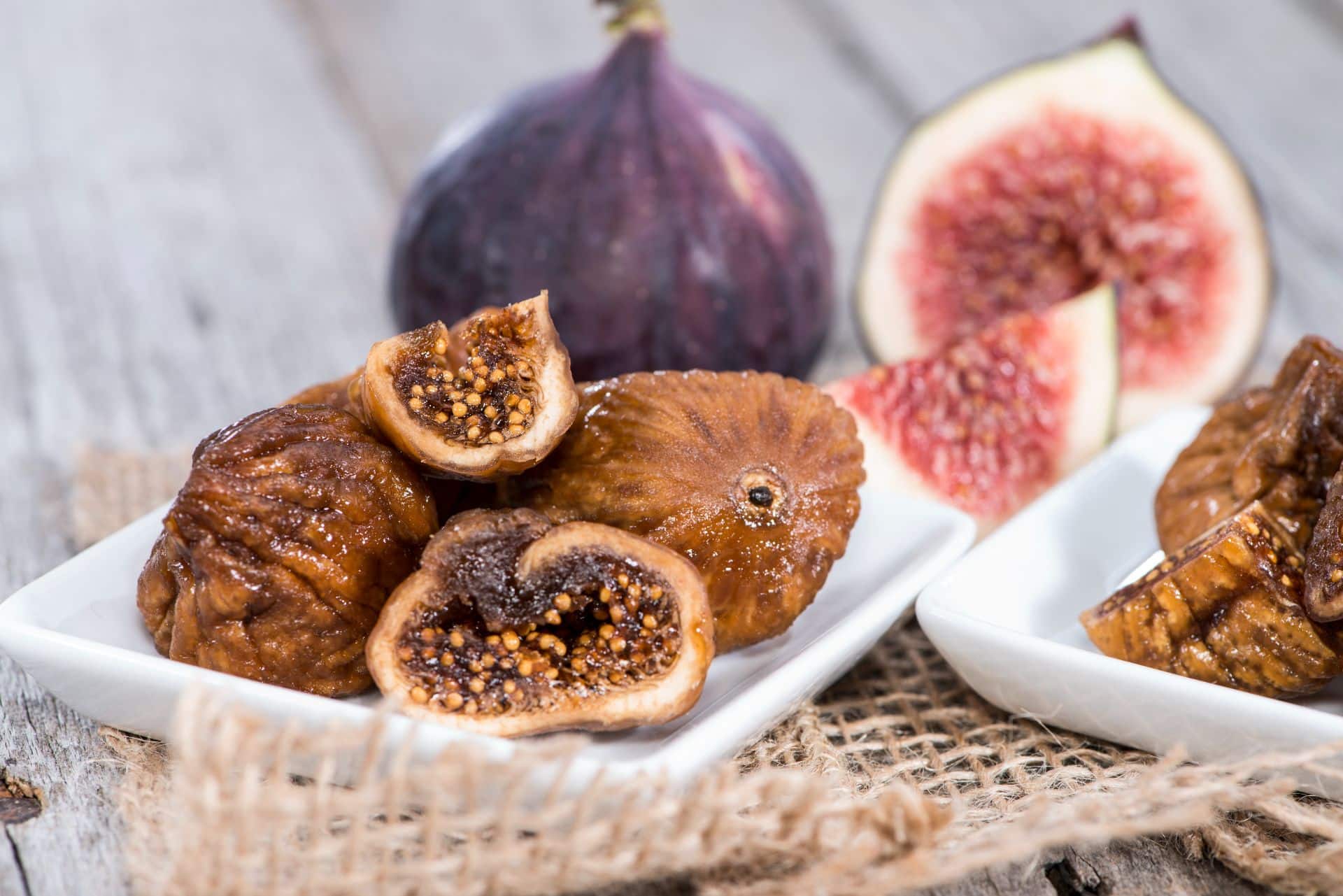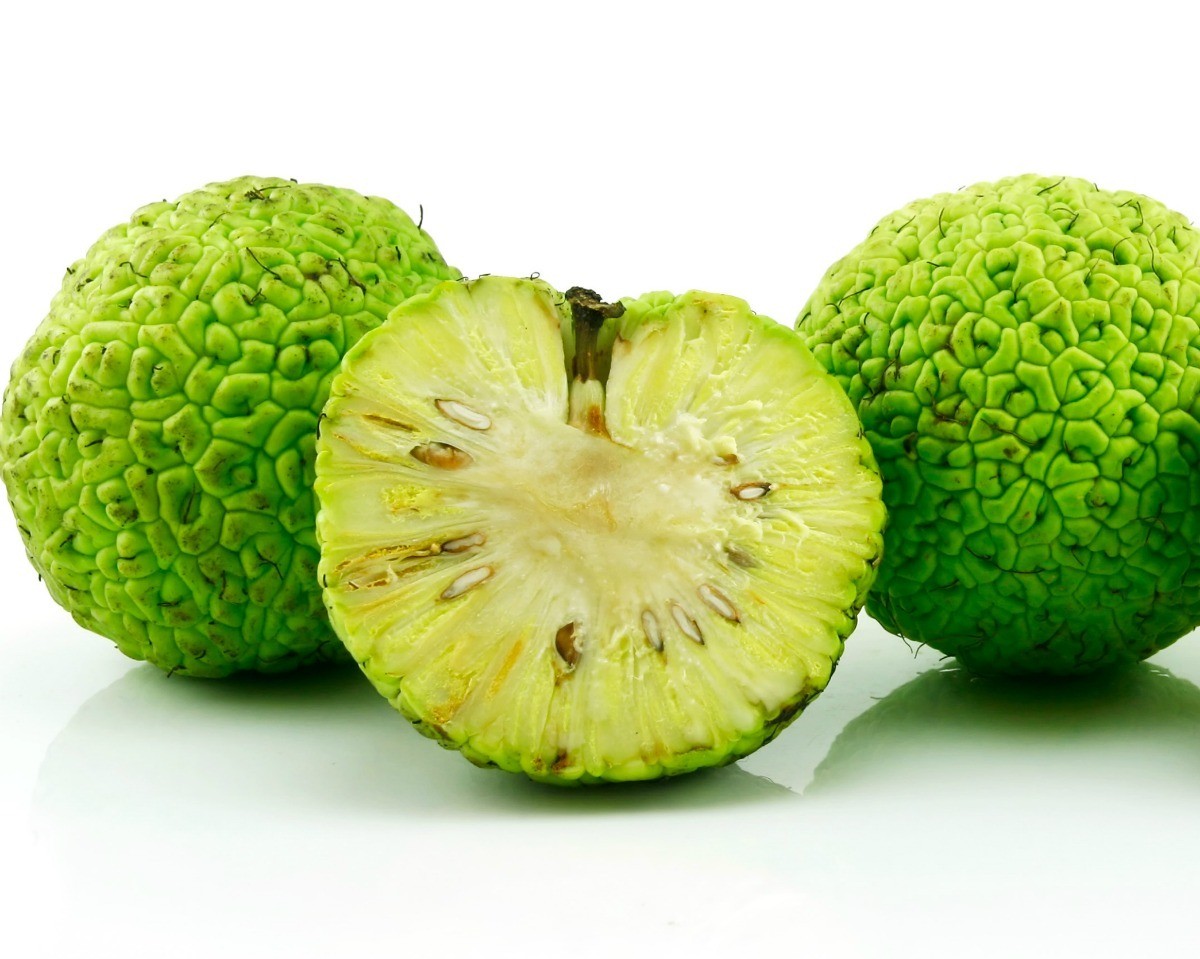Understanding Type A Blood Type Diet
If you have type A blood, you may have heard about the Type A blood type diet. This diet is based on the idea that people with type A blood should eat a certain way to optimize their health and well-being. While the scientific evidence supporting this diet is limited, many people with type A blood have reported feeling better and experiencing improved health when following the guidelines.
Key Principles of Type A Blood Type Diet
The Type A blood type diet is based on the idea that individuals with type A blood should follow a primarily plant-based diet. This means focusing on fresh fruits, vegetables, whole grains, and legumes while minimizing the consumption of animal products and processed foods. The diet also emphasizes the importance of regular physical activity and stress-reducing practices, such as yoga and meditation.
Recommended Foods for Type A Blood Type
When following the Type A blood type diet, it is recommended to include the following foods in your daily meals:
- Fruits: Apples, berries, cherries, and plums
- Vegetables: Broccoli, carrots, spinach, and kale
- Whole Grains: Quinoa, brown rice, and oats
- Legumes: Lentils, black beans, and chickpeas
- Plant-Based Proteins: Tofu, tempeh, and edamame
- Healthy Fats: Olive oil, avocados, and nuts
Foods to Avoid for Type A Blood Type
On the other hand, there are certain foods that individuals with type A blood should limit or avoid altogether. These include:
- Red Meat: Beef, pork, and lamb
- Dairy Products: Milk, cheese, and yogurt
- Processed Foods: Fast food, sugary snacks, and packaged meals
- Highly Acidic Foods: Oranges, tomatoes, and vinegar
- Excessive Caffeine: Coffee, black tea, and energy drinks
- Artificial Sweeteners: Aspartame, sucralose, and saccharin
Meal Planning Tips for Type A Blood Type
Creating balanced and nutritious meals for individuals with type A blood can be achieved by following these meal planning tips:
- Focus on Variety: Incorporate a wide range of fruits, vegetables, and whole grains into your meals.
- Experiment with Plant-Based Proteins: Try new recipes using tofu, tempeh, and other plant-based protein sources.
- Avoid Processed Foods: Opt for whole, unprocessed foods to support overall health and well-being.
- Stay Hydrated: Drink plenty of water and herbal teas throughout the day.
- Listen to Your Body: Pay attention to how different foods make you feel and adjust your diet accordingly.
Final Thoughts
While the Type A blood type diet may not be supported by extensive scientific research, many individuals have reported positive outcomes from following its principles. As with any dietary approach, it’s essential to listen to your body and make adjustments based on your individual needs and preferences. If you have type A blood and are considering trying this diet, it’s always a good idea to consult with a healthcare professional or a registered dietitian to ensure that your nutritional needs are being met.











